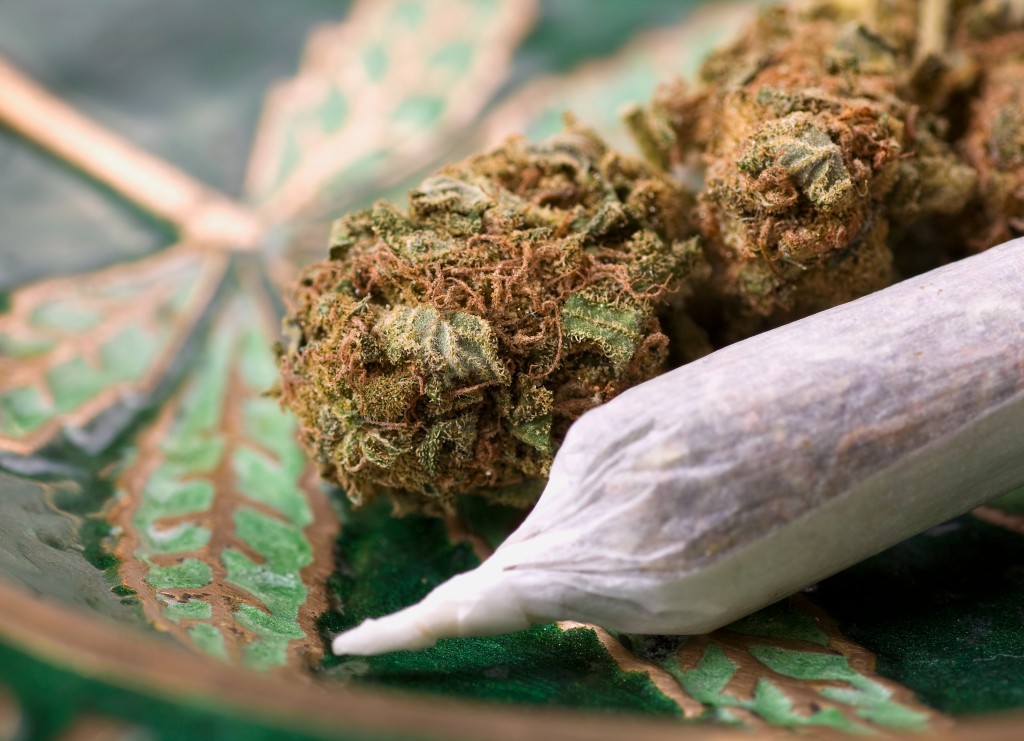 The dudes from the science newsroom over at Wiley sent us this interesting information about marijuana and rheumatic diseases: Although there are anecdotal reports indicating that cannabinoids, especially marijuana (or herbal cannabis), may be of therapeutic benefit for some patients with rheumatic complaints, a new review published in Arthritis Care & Research, a journal of the American College of Rheumatology (ACR), finds scant scientific evidence supporting any use of cannabinoids in rheumatic diseases. Furthermore, not a single controlled study has examined herbal cannabis in the rheumatology patient population.
The dudes from the science newsroom over at Wiley sent us this interesting information about marijuana and rheumatic diseases: Although there are anecdotal reports indicating that cannabinoids, especially marijuana (or herbal cannabis), may be of therapeutic benefit for some patients with rheumatic complaints, a new review published in Arthritis Care & Research, a journal of the American College of Rheumatology (ACR), finds scant scientific evidence supporting any use of cannabinoids in rheumatic diseases. Furthermore, not a single controlled study has examined herbal cannabis in the rheumatology patient population.
When investigators led by Mary-Ann Fitzcharles, MD, of McGill University Health Centre in Montreal, searched the medical literature, reaching as far back as the 1940s, the team identified only four small studies of short duration (from two to eight weeks) that included a total of 201 patients. The studies were published in 2006, 2008, 2010, and 2012. One study of patients with osteoarthritis was terminated prematurely because the active drug did not differ from placebo. The remaining three studies had a high risk of bias, and they reported only modest effects for pain relief and sleep promotion, but a high rate of side effects.
“In the context that rheumatic diseases, including osteoarthritis, are very common, these studies provide limited information, and we cannot draw any conclusions regarding efficacy or side effects—especially long-term side effects—associated with cannabinoid therapy,” said Dr. Fitzcharles. “Therefore, based on current scientific study, rheumatologists cannot recommend the use of cannabinoids in general, and medical marijuana in particular, as a therapeutic option for rheumatology patients.
Dr. Fitzcharles noted that while animal and laboratory studies have indicated a possible benefit of cannabinoids for managing pain and inflammation, evidence in humans is needed before such therapy can be endorsed. “The scientific community must call for further urgent research to determine the true role of cannabinoids in rheumatic conditions,” she said.
Leave a Reply